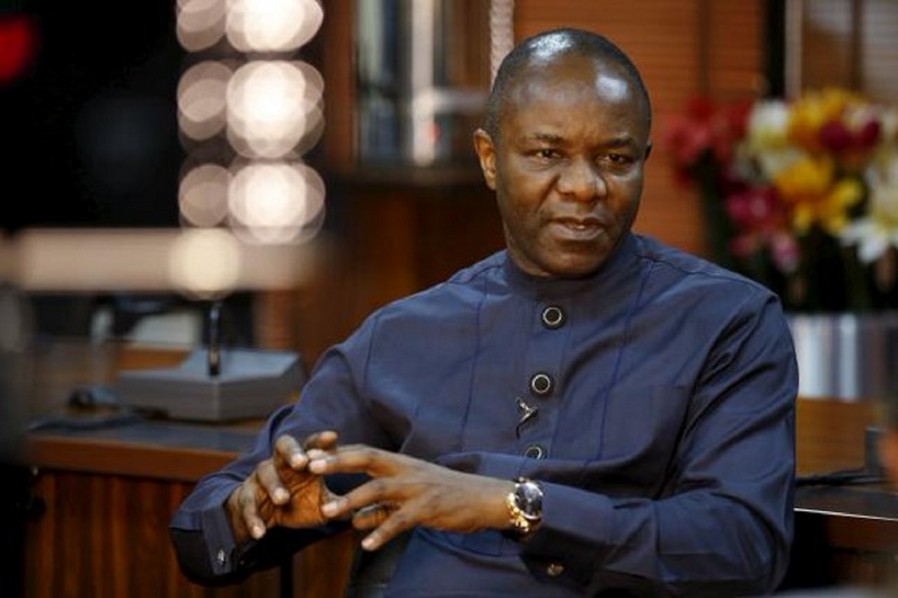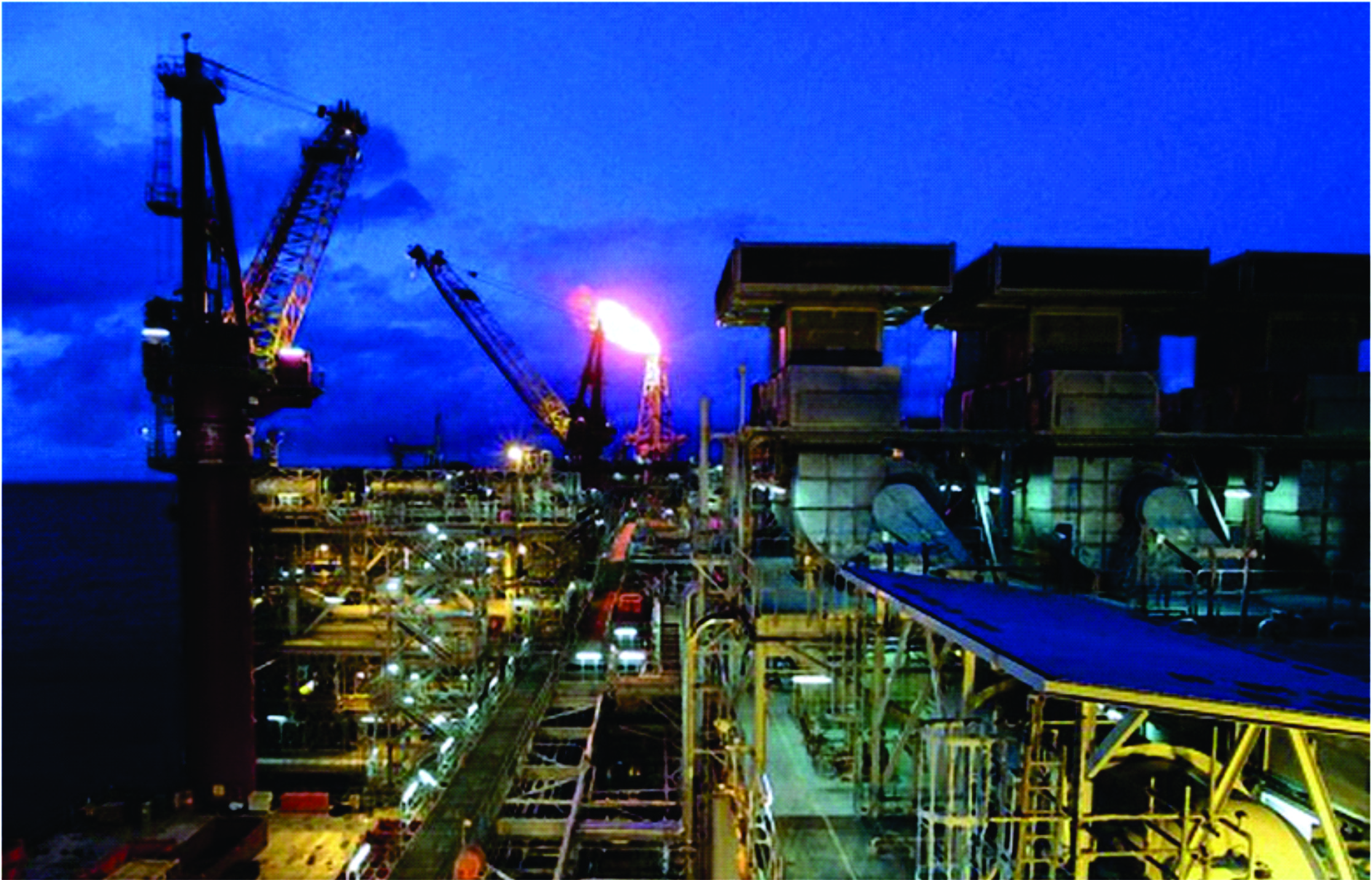The Organisation of Petroleum Exporting Countries, OPEC, and non-OPEC Ministerial Monitoring Committee, JMMC, on Friday extended the exemption granted Nigeria over the output cut imposed on member countries in January .
At its meeting in Vienna, Austria, on Friday, the Committee adopted Nigeria’s stance that the exemption Nigeria and Libya have enjoyed should be sustained until the countries oil production stabilises.
The Minister of State for Petroleum Resources, Ibe Kachikwu, said recently the country’s daily production capacity has since grown close to an average of 1.8 million barrels per day. And oil prices on the commodity markets stand at $57 per barrel.
Mr. Kachikwu had argued that although Nigeria was making considerable progress since October 2016 in its production recovery efforts, it was not enough as full stability had not been attained.
“As one of the older OPEC members that has continued to work for the good of the group and its member countries, Nigeria was bound by whatever agreements and resolutions collectively made by OPEC, including the need to cap its oil production when it has stabilised at 1.8 million bpd,” he said.
He also said that although Nigeria was not a member of the five nation JMMC, the country was in support of and had confidence in the work of the committee to stabilise the market.
The Report of the monitoring committee for August 2017 showed OPEC and participating non-OPEC producing countries recorded the highest compliance level ever since the agreement came into effect in January 2017, with voluntary adjustments in production attaining over 116 per cent level.
The initial production cut agreement in January was for six months. The second joint OPEC-Non-OPEC Producing Countries’ Ministerial meeting on May 25, 2017 decided to extend the voluntary production adjustments for another nine months effective July 1, 2017.
The JMMC welcomed the participation of Iraq, Libya and Nigeria, and the reaffirmation of their commitment to work closely with other participating producing countries to ensure the success of the Declaration of Cooperation.
The President of the OPEC Conference, Khalid Al-Falih, expressed his solidarity with the JMMC, reiterated the commitment of his country to the success of the agreement.
The Saudi Arabian minister of energy, industry and mineral resources stressed the need for additional work by under-performing participating countries to raise their levels of compliance to 100 per cent.
He said the level of compliance in August 2017 underscores the commitment of participating producing countries to cooperate towards the rebalancing of the market.
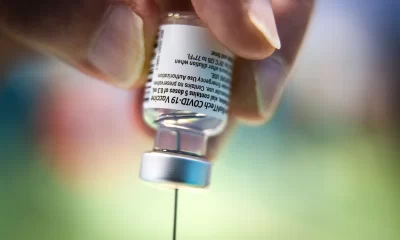
 Health7 days ago
Health7 days ago
 Football1 week ago
Football1 week ago
 News1 week ago
News1 week ago
 Trends2 days ago
Trends2 days ago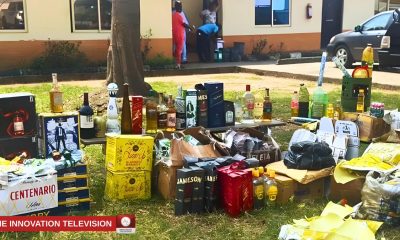
 Health1 week ago
Health1 week ago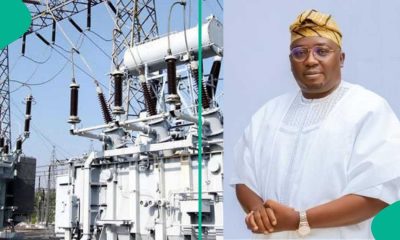
 Business1 week ago
Business1 week ago
 Crime7 days ago
Crime7 days ago
 Latest16 hours ago
Latest16 hours ago
